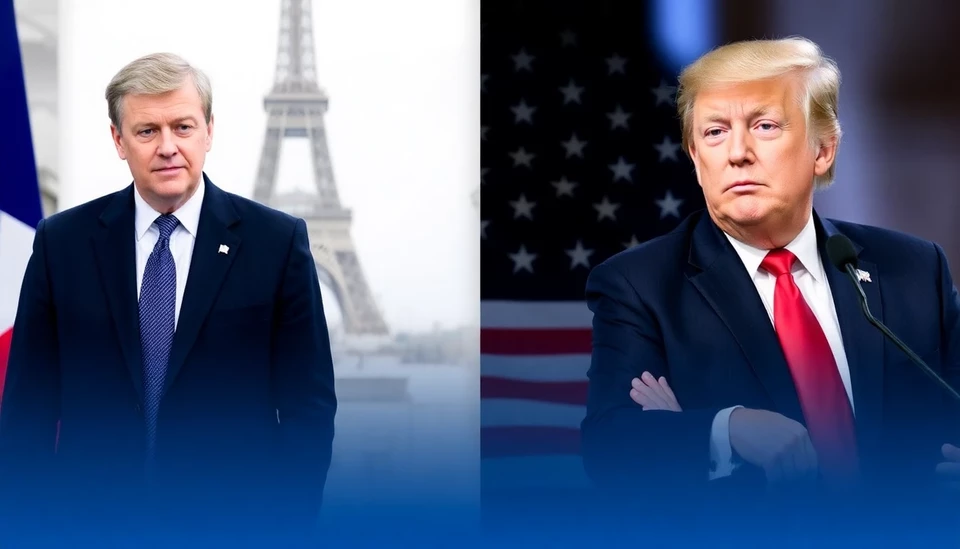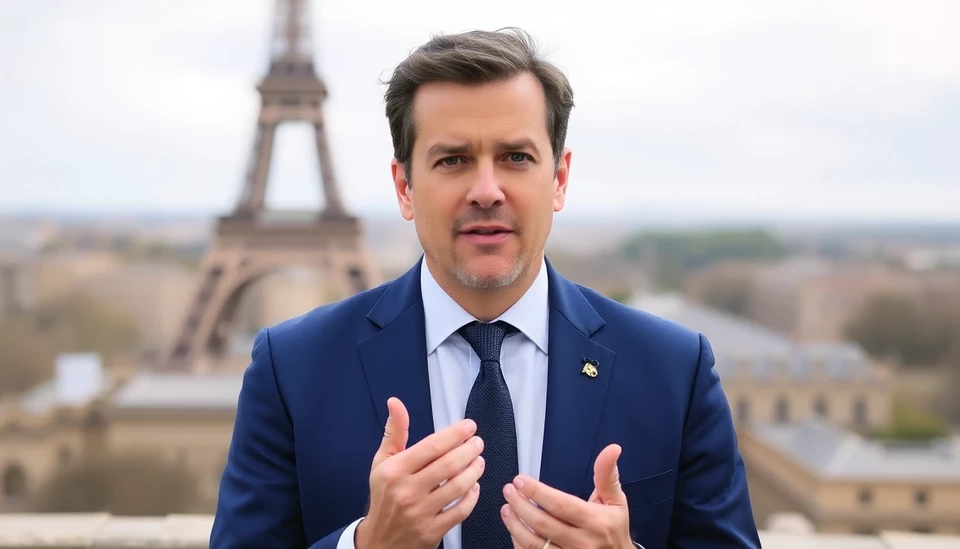
France has announced a milestone economic plan aimed at pulling in its fiscal belt by cutting $66 billion in spending reductions and tax increases for the year 2025. The effort taken by the French government in this regard shows their seriousness about bringing down the deficits in the budget and making the economy productive in the long run.
Addressing a press conference, the French Finance Minister has said that with increasing public debt and need for financial reforms, these steps have become very essential. He elaborated that such harsh measures will include cutbacks in all the public sectors along with a series of new tax policies aimed at raising government revenues.
"We are at a juncture where concrete steps have to be taken to ensure the future stability of our economy," said the Finance Minister. He underlined that this dual approach-cutting expenditures and increasing the tax revenues-is vital in putting the economy back on course in a responsible fiscal direction.
Spending cuts will hit public administration, social services, and transportation projects hardest. As with the French government, it is bound to delay or downscale many of its proposed infrastructure developments. This would save billions of pounds of taxpayers' money, thereby trimming overall budget deficit.
At the same time, taxes will be raised covering a wide scope of economic activities in the country. Corporate taxes will be raised in steps, with larger brackets applying for bigger companies and high-income earners. In addition to that, the government will further intensify efforts against tax evasion to bring about better compliance.
Critics of the plan say it will exact deep cuts and raise taxes in a way that will slow economic growth and hit lower- and middle-income families particularly hard. Proponents argue that the growing pains of adjustment will pay off with closer moves to a balanced budget and reduced debt levels.
These French economic measures come at a time when most European countries find themselves in the doldrums over similar fiscal challenges. The international markets will no doubt eye steps taken by France and probably take it as a model on how to go about budgetary constraints.
These ambitious plans, intended to be debated in the French Parliament, will likely be further scrutinized and amended before their official adoption. The Finance Ministry is optimistic; it is hopeful that the measures will pass and usher in fiscal prudence and economic recovery.
The government has committed itself to transparency and consultations with various stakeholders-from business leaders to labor unions, from the general public, in the course of enforcing these fiscal policies, in order to find solutions and adjustments.
This is one of those moments when France's effort at balancing the books would be pivotal in economic policy, not only for the nation but also with great portents for the stability of the overall Eurozone. The unfolding drama will be crucial for investors, policymakers, and citizens as the country wades through these financial reforms.
Further updates will be given as discussions progress and the impact of such measures unfold in the coming months.
#France #BudgetCuts #TaxHikes #EconomicPolicy #PublicDebt #FranceEconomy #FiscalReform #FinanceMinister #PublicAdministration #Infrastructure #CorporateTaxes #TaxEvasion #EconomicGrowth #ParliamentDebate #FiscalPolicy #Eurozone #Investors #Stakeholders #EconomicStability
Author: Rachel Greene




